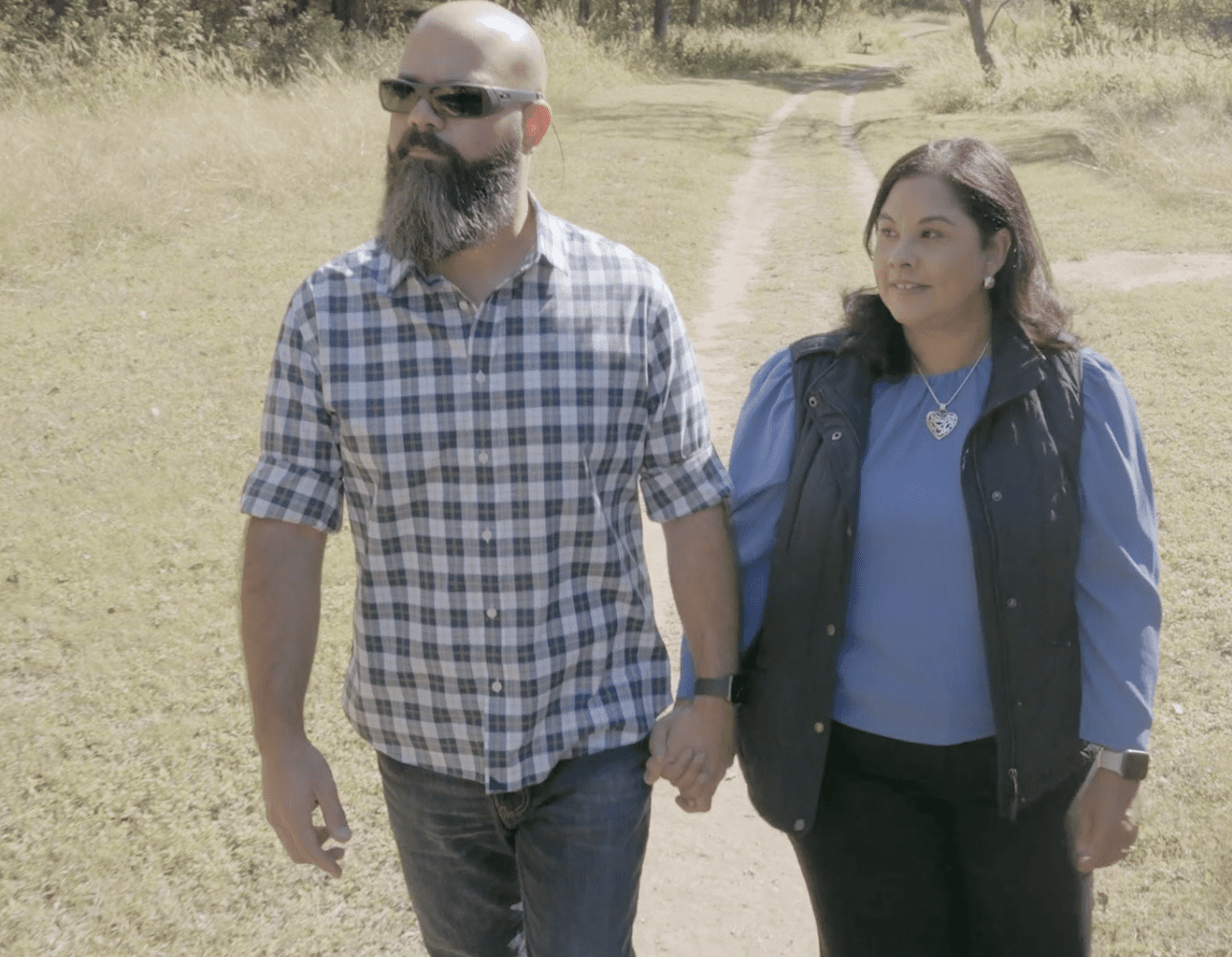Search Posts
Recent Posts
- Dr. Rosemary Costigan Named President of Community College of Rhode Island June 19, 2025
- RI Veterans: Did you know? 19.06.25 (Military Funerals, Job Fair, Benefits, Events) – John A. Cianci June 19, 2025
- East Providence First in U.S. to Equip All Firefighters with PFAS-free Gear June 19, 2025
- We Cook! Mill’s Tavern Saffron Bouillabaisse with Tarhana Lobster Jus June 19, 2025
- Rhode Island Weather for June 19, 2025 – Jack Donnelly June 19, 2025
Categories
Subscribe!
Thanks for subscribing! Please check your email for further instructions.

Campaign reminds Veteran caregivers to “Take Care of Themselves” – Herb Weiss
By Herb Weiss, contributing writer on aging issues
Since 2011, AARP and the Ad Council have launched public service announcements (PSAs) encouraging America’s caregivers to care not only for their loved ones, but also for themselves. Over the years, these PSAs s have targeted women aged 40 to 60, male caregivers aged 35 to 60 and Hispanic/Latino and African American/Black caregivers with an emphasis on women ages 35 to 60.The partner-driven ad campaign directs viewers to AARP’s Family Caregiving site, where caregivers can find free care guides, self-care tips, planning resources, legal and financial guidance and more.
Now AARP and the Ad Council’s have released the PSA, “Roxana’s Story,” on Dec. 9th. The latest evolution of the Caregiver Assistance campaign aims to acknowledge the unique challenges that military veteran caregivers face and provide them with free resources from AARP to better care for their loved one and themselves.
Roxana Tells Her Caregiving Tale
In 2003, Roxana, a full-time student, became the full-time caregiver of her husband, Victor. In the PSA she recalled receiving a 4 a.m. phone call where she learned that her husband had been wounded in action in Afghanistan, having received a moderate traumatic brain injury. Roxana was suddenly thrust into the role of caregiver to Victor, through his initial recovery process, and then having to adjust to his injury for the rest of their lives.
Reflecting over the last 18 years, Roxana stated in the PSA the realization that one of the most important components of being a caregiver is taking care of yourself. “I didn’t want to forget that I also had goals, and a life,” she said, noting that she asked Victor to “meet me halfway.” With assistance from his therapists, he was able to help with everyday chores.
The PSA, the first-ever targeting caregivers of veterans and current members of the military, addresses the unique caregiving challenges facing these individuals, reminding the more than 6.5 million military veteran caregivers that there are resources available to them. The PSA is recorded as either a :30 or 60-second message, was filmed and directed by military veterans from the veteran-owned creative shop Gig line Media (the production arm of We Are the Mighty).
Military veteran caregivers experience unique challenges when providing care. For many in this group, their caregiving journey starts earlier in life (85% are under 40) and lasts longer, according to Caregiving in the U.S. 2020, a report by AARP and the National Alliance on Caregiving. They deal with challenges that civilian family caregivers don’t normally face, including unseen injuries and wounds. They also consistently experience worse health outcomes, greater strains in family relationships, and more workplace problems than non-caregivers. Many also spend more time helping with emotional support or social interaction due to mental or behavioral health diagnoses.
“Oftentimes those caring for veterans and current member of the military experience a high emotional and physical toll, including consistently worse health outcomes and greater strains in family relationships compared to other caregivers,” said Bob Stephen, vice president of family caregiving and long-term care at AARP in announcing AARP’s lates PSA campaigned targeting military veteran caregivers. “Through this campaign, AARP will continue to recognize and provide resources to support these valued caregivers who play such a vital role for veteran and military families,” he says.
For caregivers who are unsure about seeking help because they think it’s selfish or a sign of failure, the PSA campaign reminds them that they can’t care for their loved one without also caring for themselves.
The PSAs direct viewers to AARP’s Family Caregiving site at www.AARP.org/Caregiving and www.AARP.org/Cuidar, where caregivers can download a free military veterans Caregiving Guide for self-care tips, planning resources, legal and financial guidance, and more in English and Spanish as well as AARP’s new Veterans and Military Families Health Benefits Navigator, a one-stop-resource in English and Spanish to help make the process less confusing and overwhelming when it comes to available options for U.S. Dept. of Veterans Affairs (VA) health benefits, military Tricare, Medicare, private insurance and Medicaid.
“Taking care of a veteran in your life often means that you start younger and care for longer. In many cases, this means you’re forced to manage situations other family caregivers aren’t forced to face,” said Michelle Hillman, Chief Campaign Development Officer of the Ad Council. “We’re humbled to continue this campaign to remind the millions of military veteran caregivers that they do not face these unique challenges alone.”
For more information about caregiving resources, please visit AARP.org/Caregiving or call 1-877-333-5885 or www.AARP.org/Cuidar or call 1-888-971-2013 for Spanish resources.
_____

Herb Weiss, LRI’12 is a Pawtucket writer covering aging, health care and medical issues. To purchase Taking Charge: Collected Stories on Aging Boldly and its sequel, Taking Charge: Vol 2 More Stories on Aging Boldly, go to herbweiss.com.
